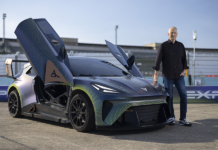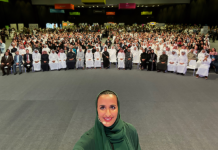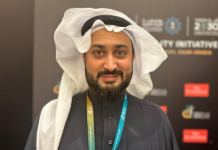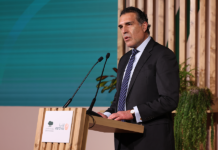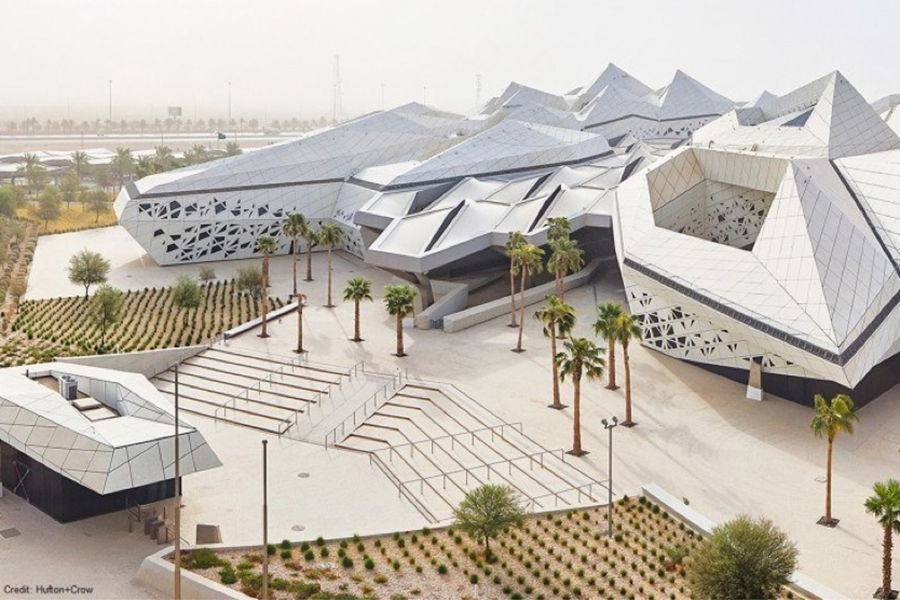
KAPSARC, the King Abdullah Petroleum Studies and Research Center, is no ordinary think-tank. An independent institution at the heart of the world’s most important producer of hydrocarbons, KAPSARC’s researchers are helping to shape policies at a critical time in global energy economics.
As concerns about carbon emissions and pollution rise, and as electrification and renewable energy threaten to depress traditional sources of demand for hydrocarbons, KAPSARC is helping governments across the Middle East and beyond navigate the challenges of a fast-changing energy market and prepare for a more sustainable future.
Buzz caught up with Adam Sieminski, President of KAPSARC since April 2018, to discuss the decarbonization of energy, the future for the oil market and the role of Saudi institutions in supporting technology research and policy innovation.
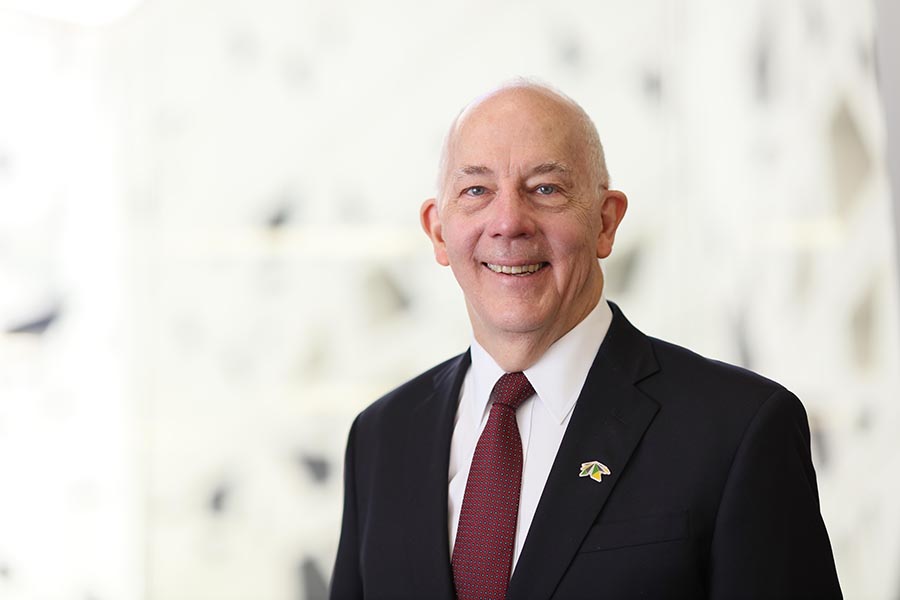
How do you expect oil demand to behave in the medium- and long-term?
Saudi Arabia is fully aware that there is an energy transition underway, but there are a lot of questions about how quickly this is going to happen, what shape it will take, and what the framework surrounding it will look like.
A lot of the analytical work done by reputable organisations – the Energy Information Administration (EIA), which I headed in Washington for five years, the International Energy Agency (IEA) in Paris, and others – say that, yes, there is a transition coming, but it could take a long time. Even in the year 2040, there will still be a huge role for oil. The IEA has been looking at a sustainable development scenario; even in that scenario, there will still be around 60 million barrels a day of oil consumption in the year 2040. That is a lot lower than today’s number of roughly 100 million barrels per day, but it is still a big amount of oil consumption; it is not zero. Oil is going to be around for a while.
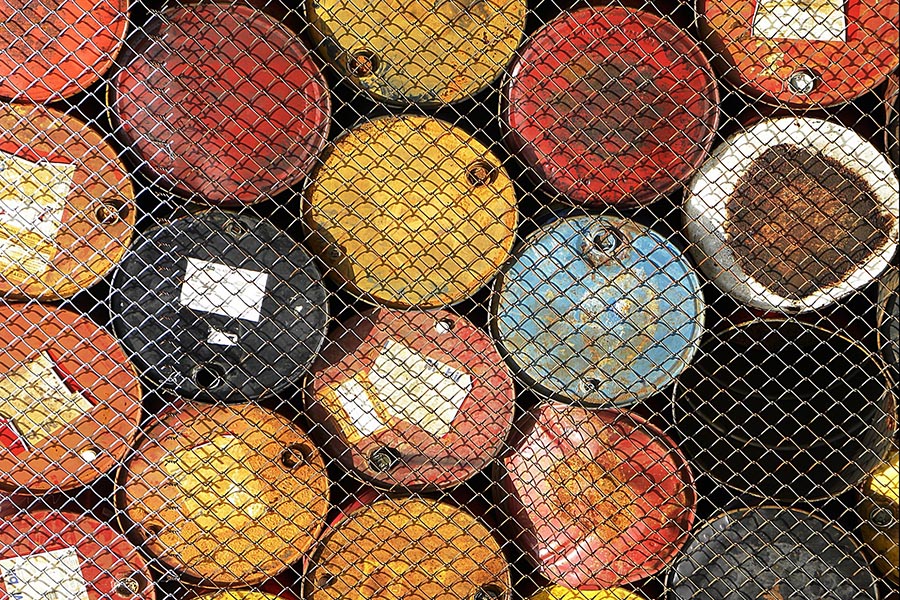
When do you expect oil demand to flatten out?
There are people who think that electric vehicles are coming so soon that oil demand will peak in 2022. My feeling is that oil demand is likely going to increase through 2035, maybe even 2040, and it is more likely to plateau than to collapse.
“I don’t know when the last barrel of oil is going to be produced, but Saudi Arabia is probably going to be the place it comes from”
Adam Sieminski, President, KAPSARC
I am a firm believer that a transition is coming, but it is going to take a while. There is a huge need for energy in countries, where the population is growing, the economy is growing, and there is a huge need for energy. I have been to the slums of India and there is a moral obligation for those people to have energy. If it has to come from fossil fuels to provide electricity, lighting, refrigeration and cooking to the lower income people in India in order to raise their standard of living, it should be done. We could have a circular carbon economy where fossil fuels are still being used but carbon dioxide is being minimised, reduced, recycled and reused. At some point in the future, you end up with net zero carbon. It is even possible to wind up with a net negative if you could find a technological way to pull carbon dioxide out of the air and sequester it.
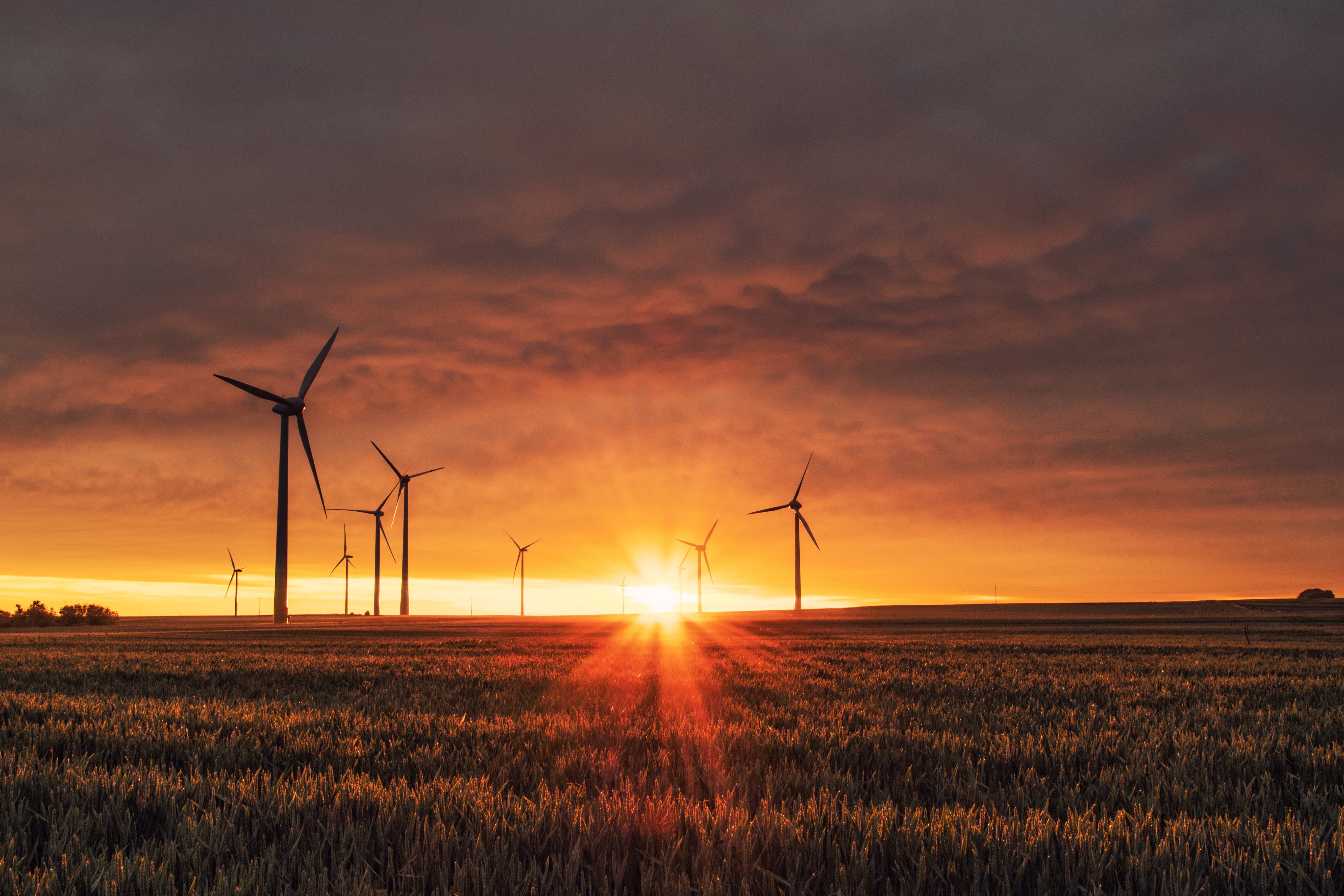
What do you see as Saudi Arabia’s role in the transition?
Saudi Arabia is fully aware of the transition and is looking at leadership in the solar area. There’s a windfarm being built here that is almost half a gigawatt. Saudi Arabia has an opportunity to use its financial resources in order to be a leader in research, development and innovation in this area.
I think there is potential for Saudi Arabia to have a leadership role in solar panel efficiency such as coatings for solar panels to make them work better in the dusty and high-temperature environments that we have here. Saudi Aramco is working on a high compression gasoline engine; this would be a way to have the horsepower that people want for cars and light duty vehicles while still having a cleaner emissions profile.
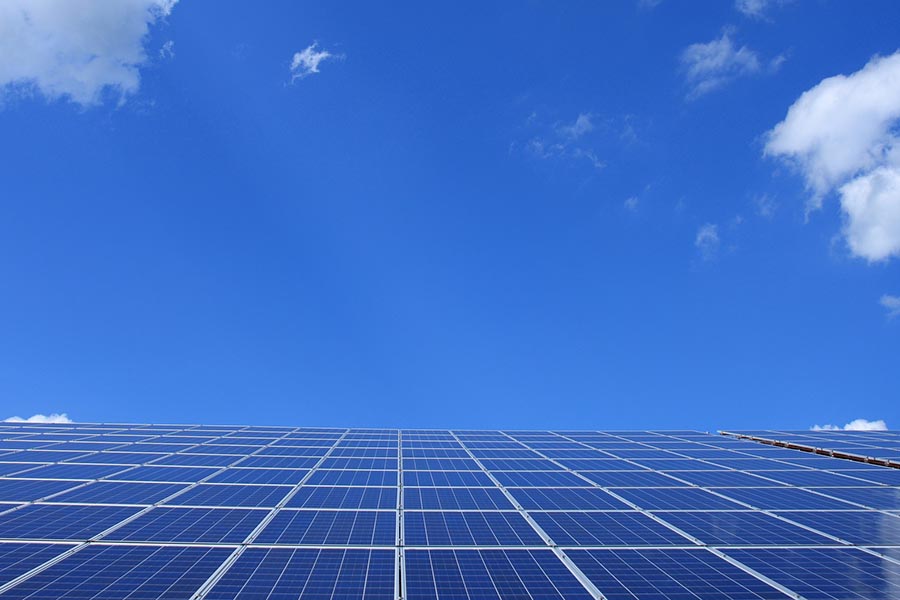
Petrochemical company SABIC has worked on minimising energy consumption and plastics development and making plastics more recyclable.
There is ample opportunity for companies and institutions in the Kingdom to work on innovative solutions that would allow countries to avoid banning things that people like, at the same time as finding ways to make these things more efficient and appropriate for the conditions we find ourselves in.
What is the contribution of KAPSARC?
KAPSARC was created in 2007 by the Council of Ministers as an independent, non-profit institution in the Kingdom of Saudi Arabia. We are a fact-based thinktank working on energy economics. When KAPSARC first started, we were mainly working on academic papers published in academic journals and were a centre of academic excellence in energy economics.

Now we also look at things that are very relevant to policymakers, such as electricity use relative to weather and the demand elasticity for electricity in the Kingdom and the GCC region. This is very important because a huge amount of energy goes toward producing electricity – mostly for air conditioning and lighting. With our economic models, KAPSARC can help policymakers understand the implications of the choices they are making and help shape their policy choices![]()





